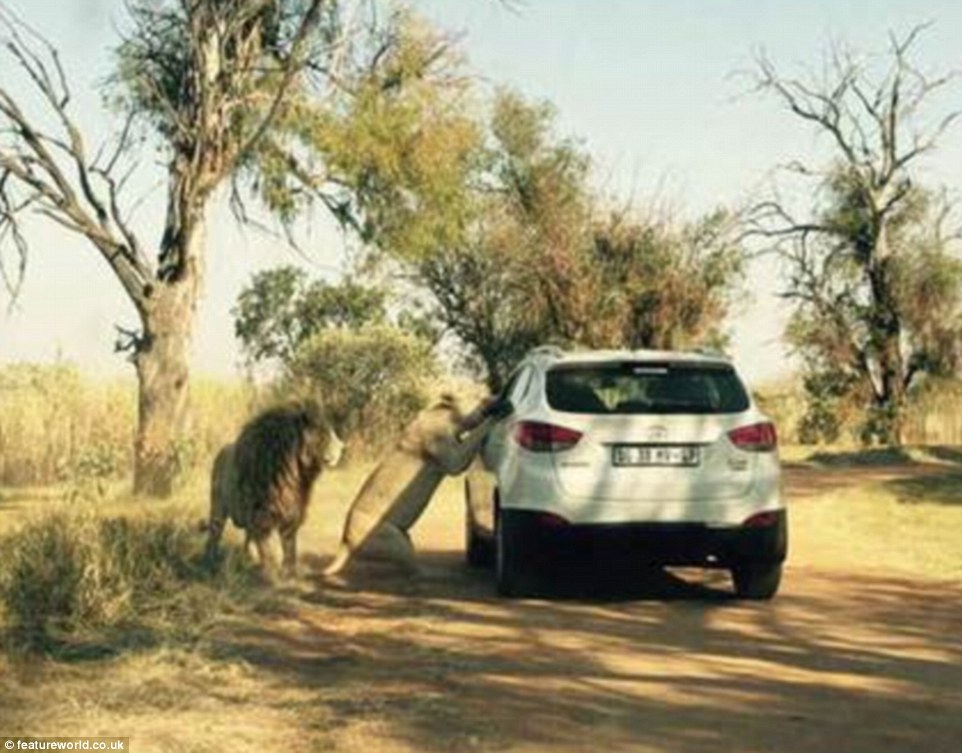Nigeria Has Fewer Than 50 Lions, 100 Gorillas, 500 Elephants — WildAid
WildAid and the Nigerian Conservation Foundation have expressed great concern over the increasing illegal wildlife trade in Nigeria which has led to a drastic decline in wildlife species over the past 50 years, noting that this illegal wildlife trade is estimated to be worth between $7 billion and $23 billion annually.
Speaking in Lagos during the unveiling of a survey report on Widespread bush meat consumption across Nigeria post-COVID, WildAid West African Representative, Mr Linus Unah, said that the report showed that consumption of wildlife or ‘bush meat’ is widespread in Nigeria’s top cities, regardless of potential links to zoonotic diseases such as COVID-19.
He identified the need to educate urban Nigerians who typically live far away from forests where bushmeat is often harvested, about the risks of zoonotic diseases, “the conservation impact of bushmeat trade and the fact that current wildlife laws prohibit the hunting and trade of several species.
“Today, Nigeria has fewer than 50 lions, 100 gorillas, 500 elephants and between 1,400 to 2,300 chimpanzees left in the wild. “Between 2016 -2019, over half of the pangolin scales seized globally came from Nigeria.
The illegal wildlife trade is estimated to be worth between $7 billion and $23 billion annually.”
Corroborating his views, the Chief Executive Officer, WildAid, Peter Knights said that with support from WildAid, GlobeScan conducted the survey of 2,000 people in Lagos, Abuja, Port Harcourt and Calabar with majority of respondents citing taste, culture and health concerns as reasons for consumption.
“More than 50 per cent of respondents who had consumed bushmeat within the last year cited taste as the main reason while 30 per cent said it was part of their culture and 25 per cent said that it is healthier and fresher than regular meat and fish.
He expressed concern over low awareness about the laws that prohibit hunting and trade of endangered species, pointing out that “Only 31 per cent of the total sampled identified that some species are legal to buy/eat.
Almost nine out of ten (88 per cent) said that some or all bush meat should be legal.
“Nigeria could lead the region in a new approach that recognizes the incredible risks of wildlife trade with improved enforcement and greater public awareness.
Rather than an ever-growing list of endangered and high disease risk species that are prohibited from commercial trade, the government could communicate a very short list of ‘safe’ game species, such as grasscutter, that is allowed, which could be easily understood by the public and enforcement officials.
On his part, the Director-General of NCF, Dr Muhtari Aminu-Kano, who was represented by the Coordinator of Species Conservation Programme, Stephen Aina, recommended large scale public awareness campaign with clear and sustained messaging to educate people about the health and ecological risks of consuming high-risk bushmeat species.





